26/09/2024
Japanese Knotweed is more than just an invasive plant; it can be a significant financial burden.
According to a report by CABI in 2023, Japanese Knotweed is the second most expensive invasive non-native species (INNS) in the UK, costing an estimated £246.5 million annually. The total cost of managing invasive species like Japanese Knotweed has increased by 135% since the last assessment in 2010, with an overall impact on the UK economy estimated at £4 billion per year.
Herbicide treatment is a common method used to manage Japanese Knotweed. This approach involves spraying or injecting the plant with chemicals to control its growth. While herbicide treatment can be effective, it requires multiple applications over several years, typically JBB Knotweed Solutions offers a management plan with 3 years of treatments comprising two sprays in every growing season, followed by 2 years of active monitoring. Costs for herbicide treatment plans start from £2500 depending on the size of the area affected and whether an insurance-backed guarantee (IBG) is included.
Excavation is the most reliable, albeit expensive, method for eradicating Japanese Knotweed. All Japanese Knotweed waste is classified as ‘controlled waste,’ requiring disposal at licensed facilities, which significantly drives up costs. The price for excavation and removal with JBB Knotweed Solutions can vary widely based on the location of the site and extent of the infestation and other site-specific features. For domestic properties, costs typically start at £8,000+VAT. Larger commercial projects can incur additional preliminary costs for site setup, reporting, and safety measures.
* All costs are indicative only. A site survey is required to determine the bespoke management plan and cost.
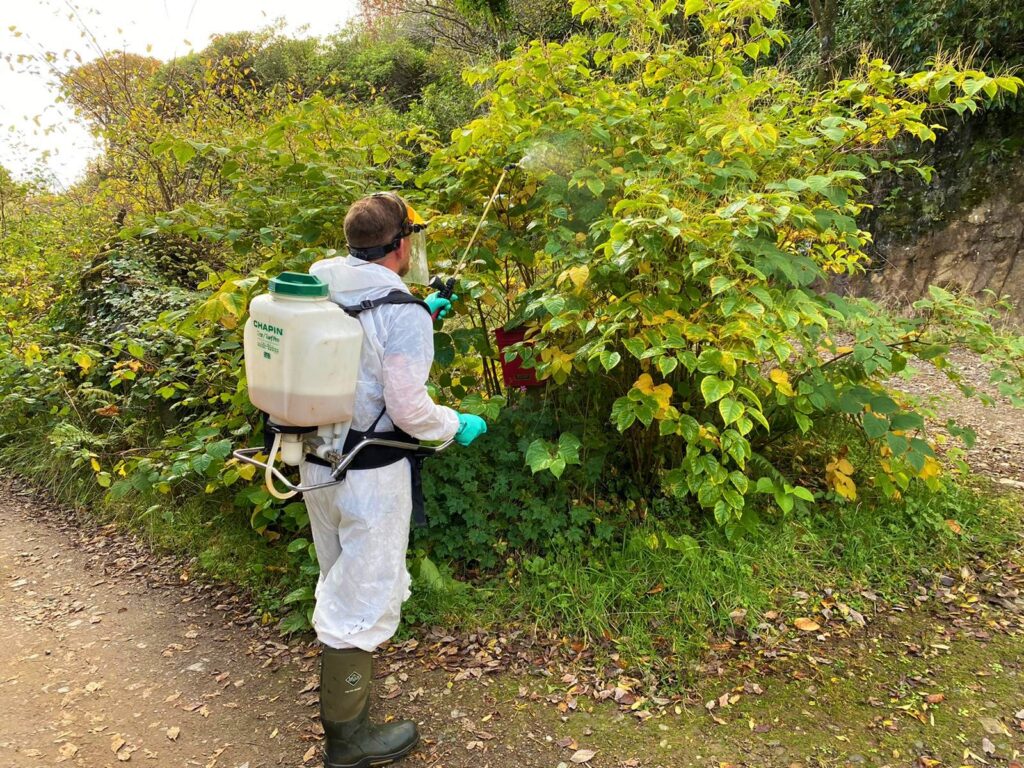
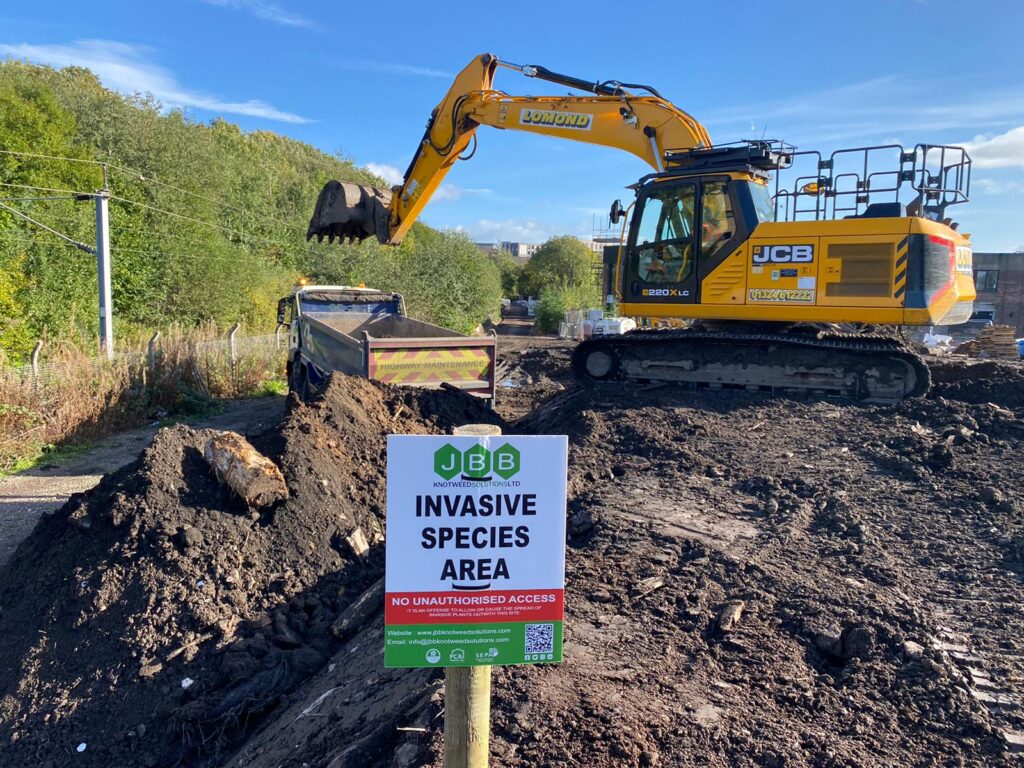
The presence of Japanese Knotweed is not just a matter of cost; it also carries significant legal implications. Under the Wildlife and Countryside Act 1981, it’s illegal to allow the plant to spread into the wild. Failure to manage the spread of Japanese Knotweed could result in severe penalties, including fines of up to £5,000 and/or imprisonment. In more serious cases, the fines can be unlimited, and imprisonment could extend up to 5 years.
Given the complexities and costs involved, selecting the right contractor is crucial.
Here are key factors to consider:
You can be assured that JBB Knotweed Solutions meets these criteria.
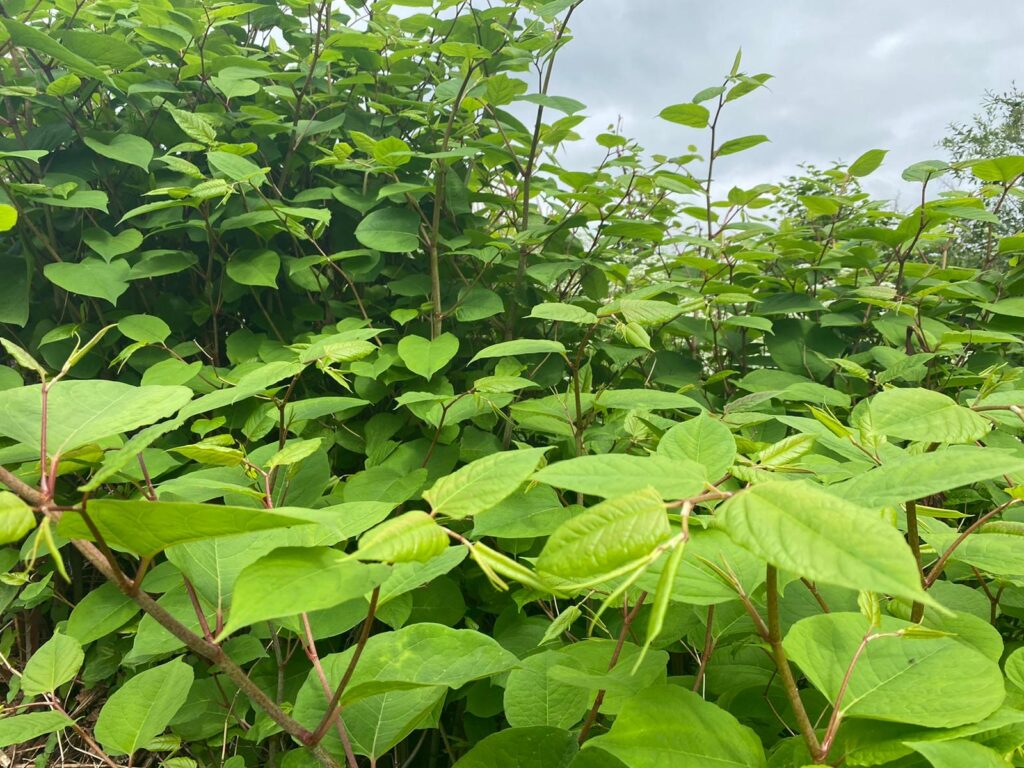
Managing Japanese Knotweed is a costly and legally sensitive issue. The best time to address an invasive plant is when you first identify it – Japanese Knotweed can grow at a rate of 10cm every day in the growing season, so putting off action can increase the financial impact to resolve.
The true cost encompasses not just the removal and treatment expenses but also the potential fines and legal repercussions of poor management.
Whether you’re selling a property, facing legal action, or simply trying to reclaim your garden, dealing with Japanese Knotweed requires careful planning, professional help, and a clear understanding of the financial implications.
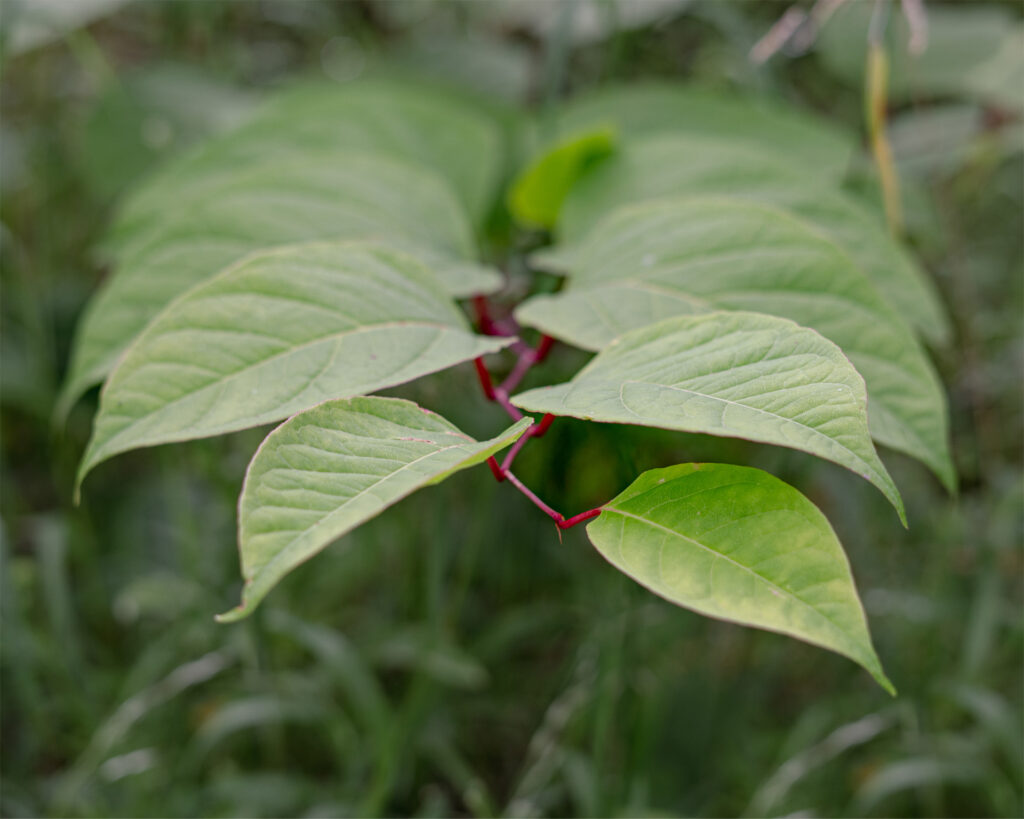
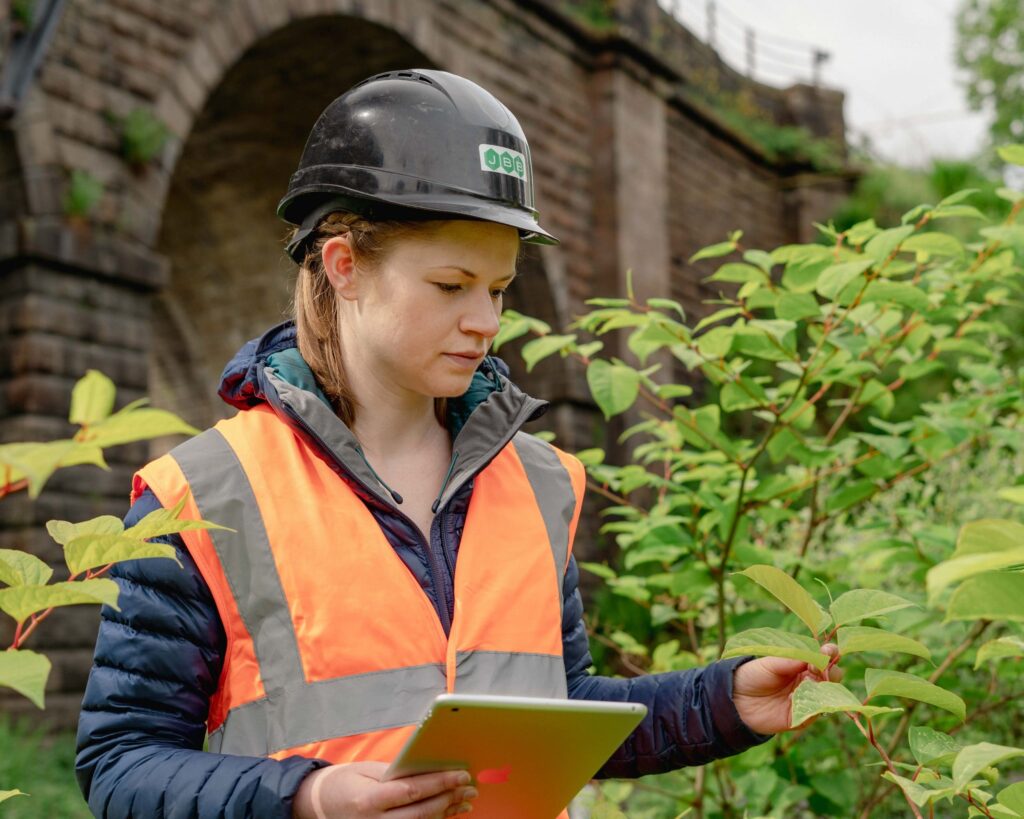
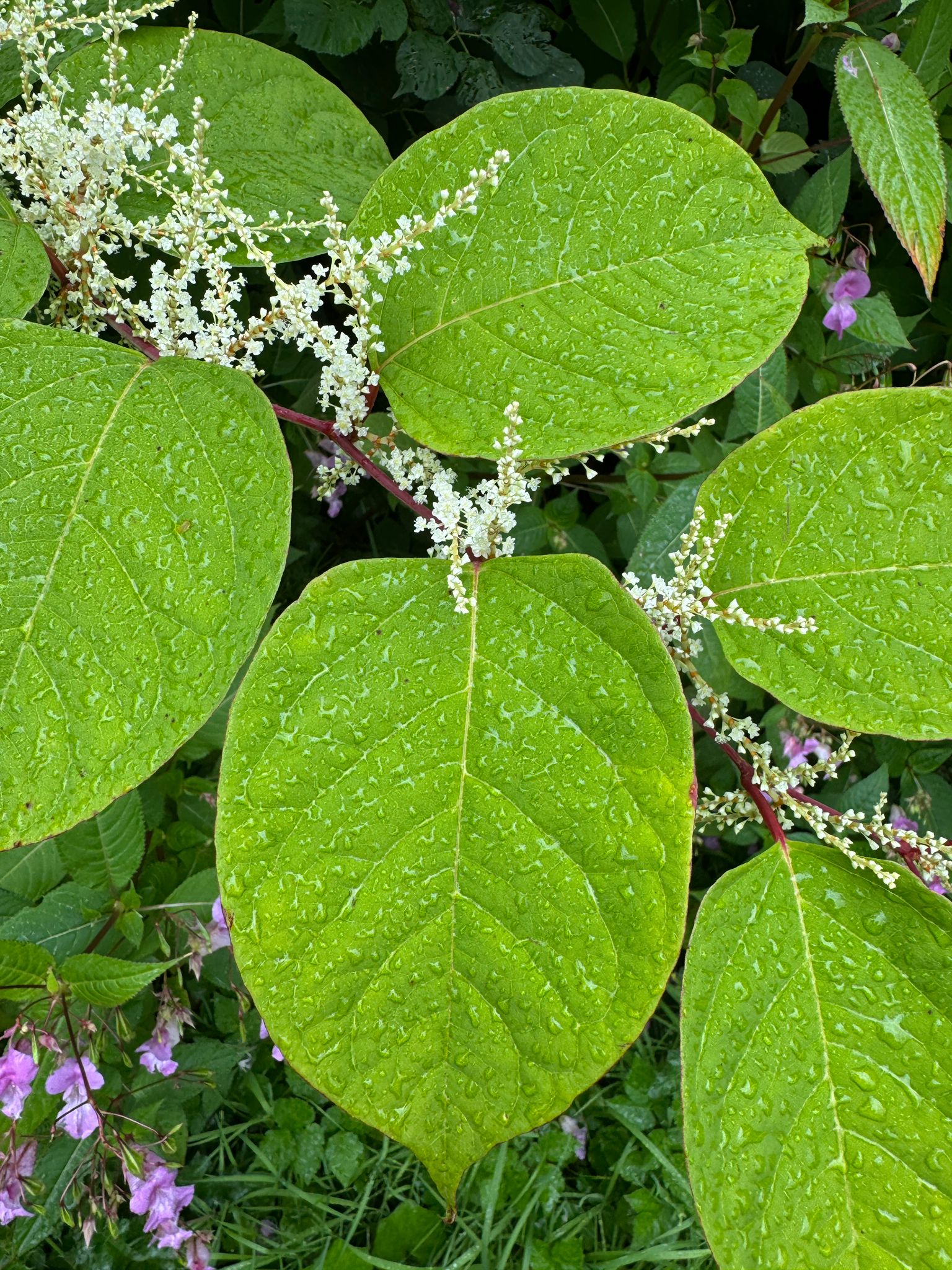
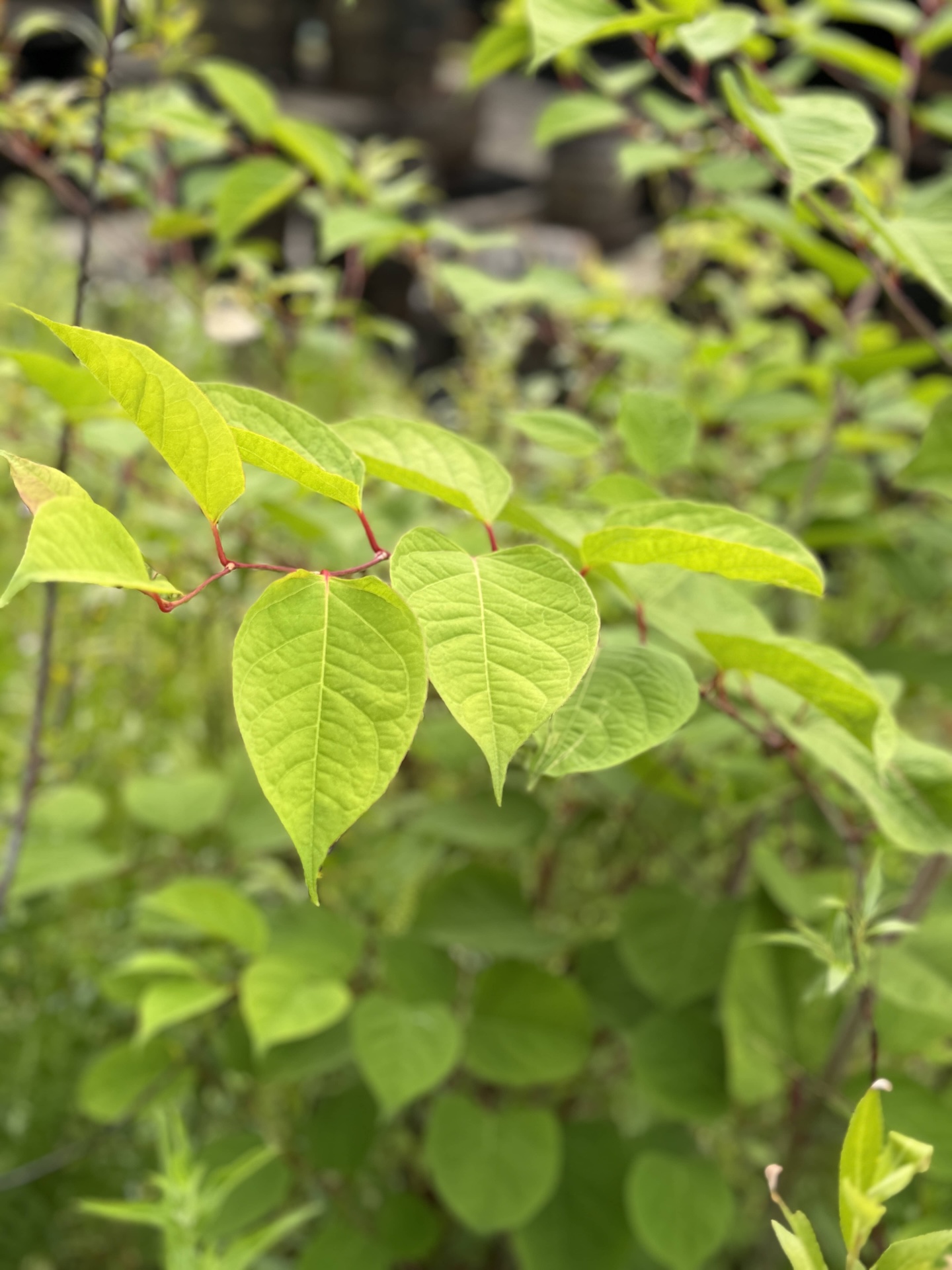
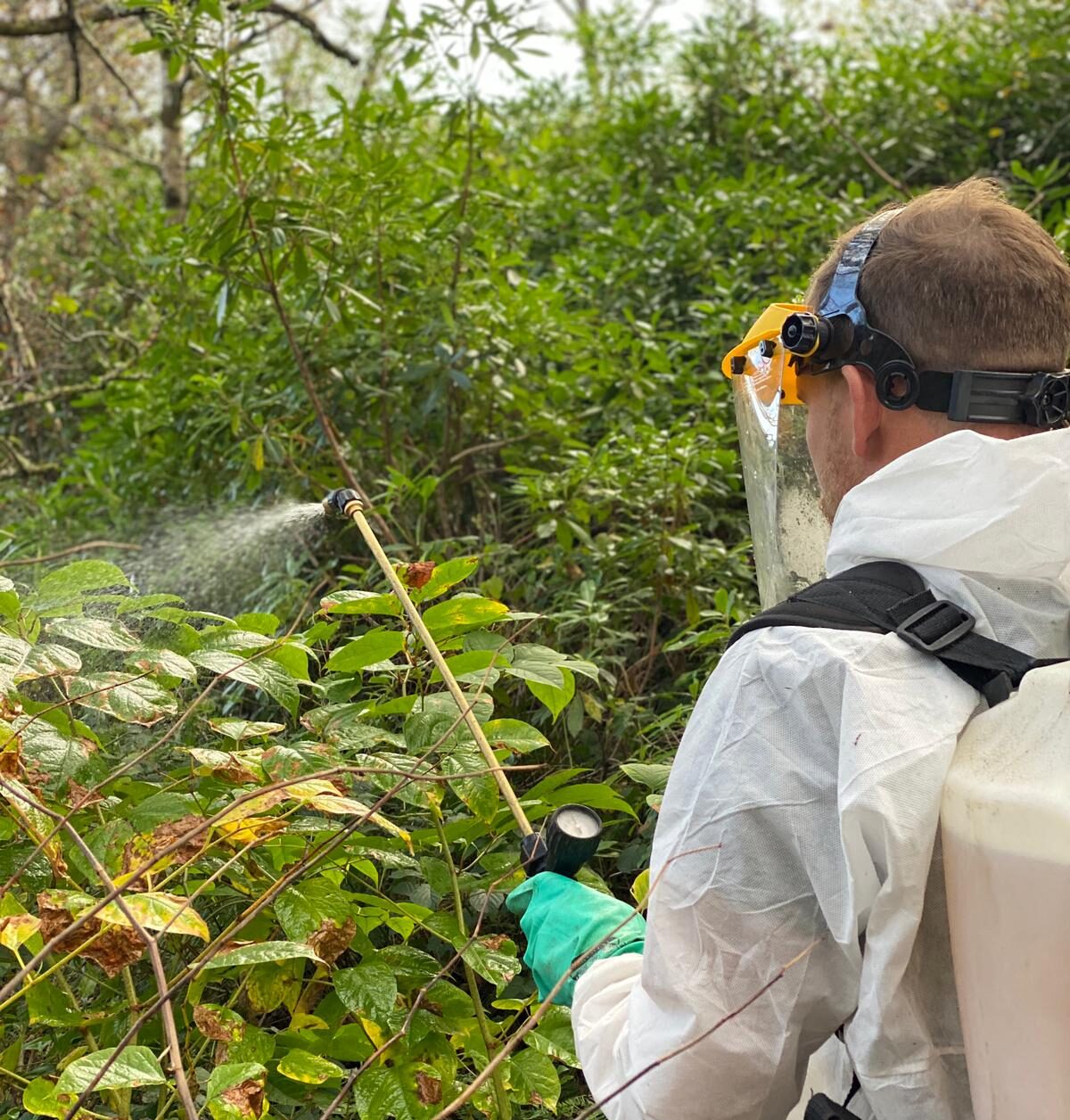
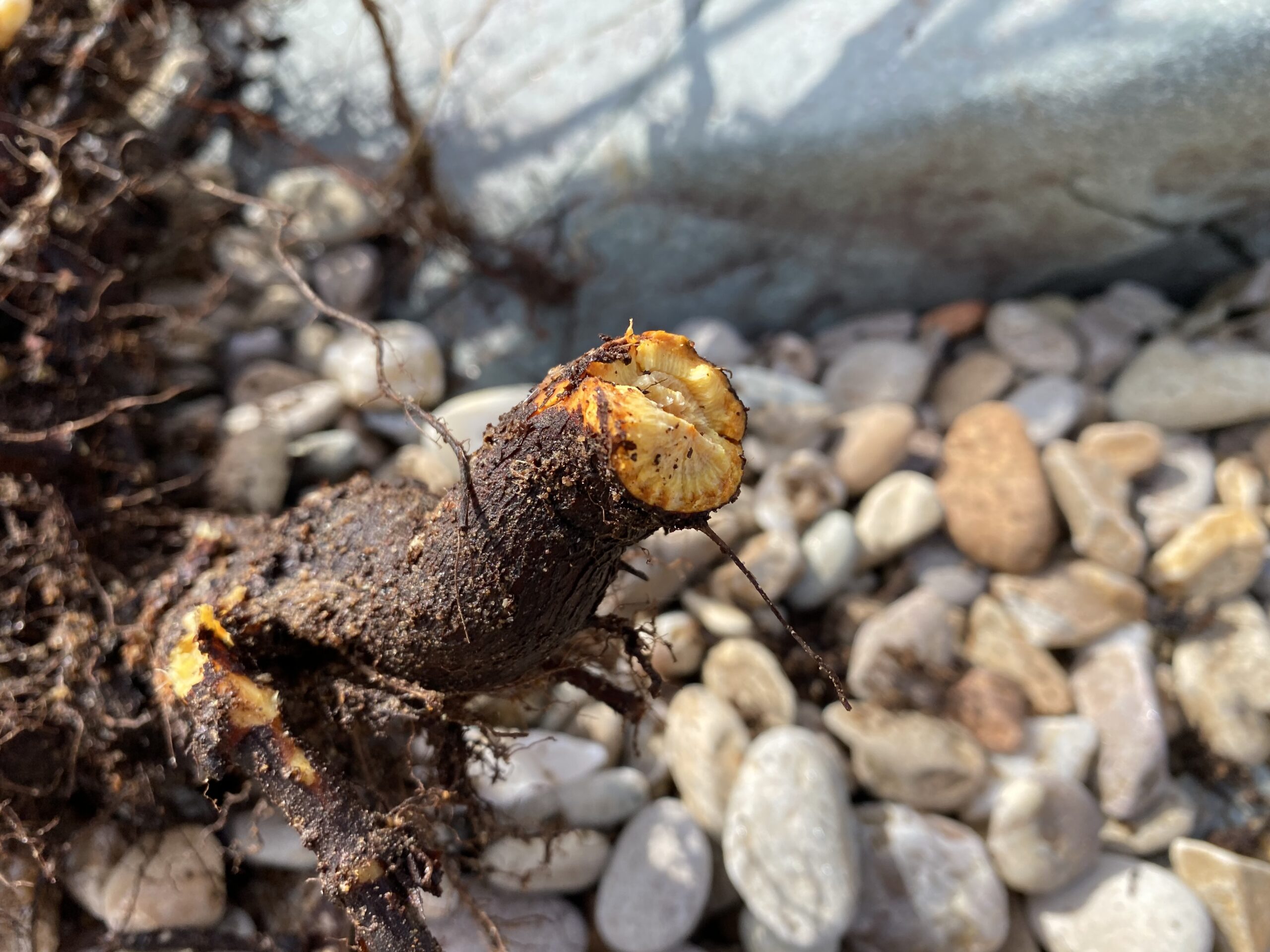
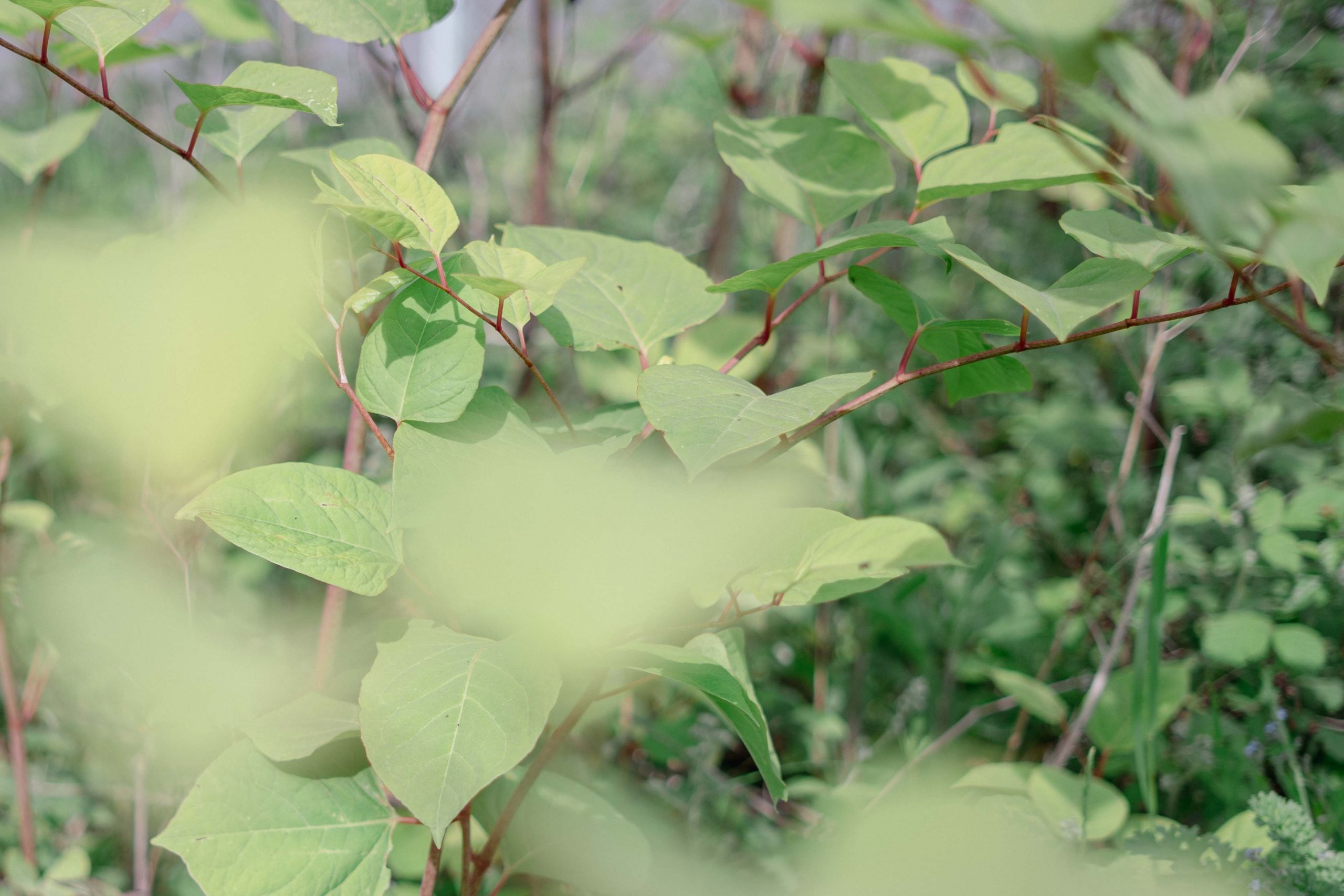

Get the latest advice, solutions, and insights to protect your property from invasive Japanese Knotweed.
We can confirm if you have Japanese Knotweed on your property and recommend the best course of action.